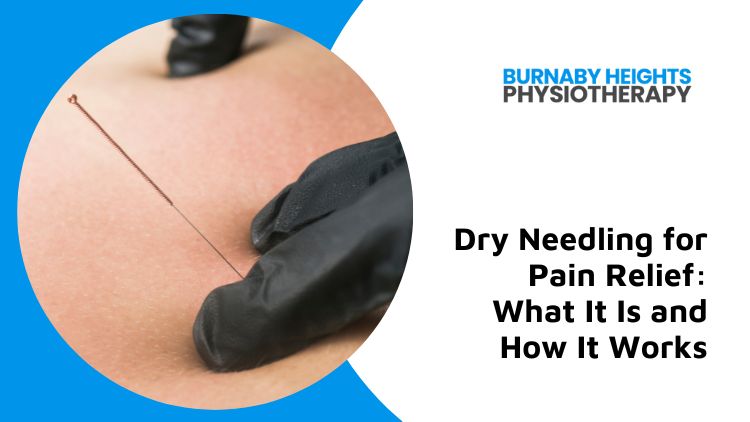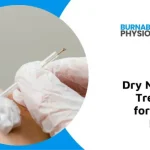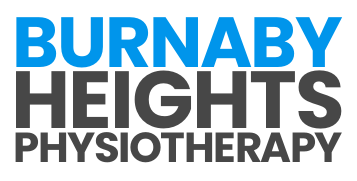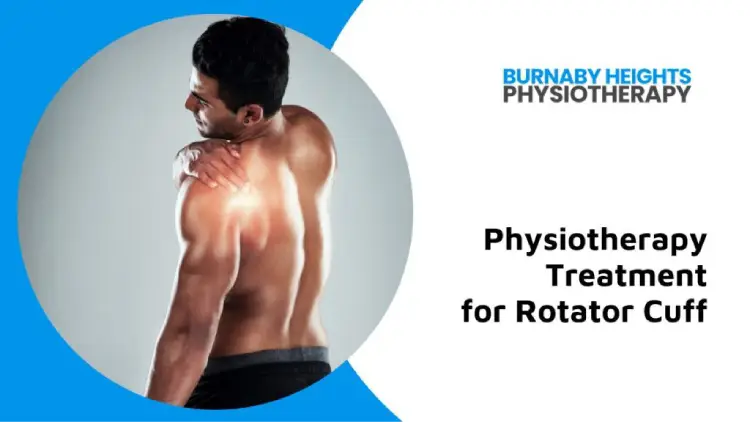
Dry Needling for Pain Relief: What It Is and How It Works
September 22, 2022
Plantar Fasciitis Dry Needling: An Effective Step to Recovery
October 22, 20226 Good Reasons You Ought to Try Physiotherapy for Your Rotator Cuff Condition
When it concerns painful injuries, the rotator cuff is right up there on the high-end of the discomfort scale. Repetitive strain, stress fractures and even poor posture can contribute to this common shoulder injury. It’s typical for both athletes and sedentary people of any ages to suffer rotator cuff impingement, and this type of injury can be rather tough to recuperate from.
Fortunately, there are many different physio treatment choices offered.
Here are Six good reasons why you should think about getting your pain relief kicked off with a nearby physio therapist:
You Might Require a Restorative Workout Program
Depending upon the exact nature of your rotator cuff injury, you may need to follow a particular corrective exercise program. Your physio therapist can assist you to identify your particular rotator cuff issue and develop a distinct workout program to address it.
It deserves noting that a restorative workout program is different from a workout program designed to assist you get back into your regular activities immediately.
The latter kind of program can be effective for discomfort management and improving your range of movement, but it will not specifically target your rotator cuff injury. If you want to make sure your rotator cuff injury is treated properly, your physiotherapist will likely create a restorative workout program that’s individualized for you.
Your Rotator Cuff Injury May Require Extending or Kinesiotaping
Depending upon the extent of your rotator cuff injury, you may benefit from some light stretching or taping. For instance, if you have a moderate rotator cuff stress or sprain, your physiotherapist might suggest that you try some light stretching or moderate taping simply to assist relieve some of your pain and tightness.
If you have a serious rotator cuff tear or your rotator cuff injury is degenerative, on the other hand, your physiotherapist may advise some more intense extending or taping.
To be clear, this does not always mean that you’ll have to be in therapy for hours at a time. Rather, your physiotherapist may advise that you do some gentle extending or light taping at home right before your therapy sessions and after that once again after your treatment sessions.
You May Profit From Manual Treatment for Pain Management
One of the important things that sets physiotherapy apart from other kinds of medical therapy is that it features a manual treatment aspect. What this indicates is that a physical therapist will likely use some form of manual therapy for pain management, such as myofascial release (MFR) and joint manipulation.
MFR is a massage-like procedure that can help to release tight muscles, lower edema and enhance flexibility. Joint mobilization includes physiotherapists using their hands to administer pressure to your joints. Manual treatment can be greatly beneficial for people with rotator cuff injuries.
This is due to the fact that your rotator cuff tissues are connected to your shoulder joint, which means that they can get very swollen and painful if they’re not functioning properly. Manual treatment can help to alleviate your discomfort, enhance your range of movement and assist your muscles work more efficiently.
You Could Get Relief From Dry Needling and/or Ultrasound Treatment
If your physical therapist thinks that dry needling or ultrasound therapy will be beneficial for your rotator cuff injury, they’ll likely supply these treatments throughout your sessions. Dry needling is a kind of acupuncture. Your physio therapist will use very small needles to your muscles. Nevertheless, dry needling is actually made use of to treat discomfort rather than attempt to deal with other health problems such as traditional acupuncture.
Your physiotherapist might suggest dry needling if they suspect your rotator cuff injury is triggered by or worsened by muscle knots. If they feel that ultrasound treatment will be helpful, they’ll likely employ it to your muscles. Both dry needling and ultrasound treatment can be valuable for treating rotator cuff discomfort. Dry needling can help to get rid of muscle knots, and ultrasound can help to increase blood flow to the injury site.
You Might Need to Address Your Core Dysfunction
Your core is the area at the centre of your body where your back, stomach and hips come together. It is made up of your muscles, ligaments and your spine. For example, your core muscles might end up being too weak, triggering them to be incapable to hold your shoulder blades together.
As a result, your shoulders will be pulled forward, which can put a great deal of pressure on your rotator cuff muscles. Your physio therapist might advise that you resolve your core dysfunction if they observe that your rotator cuff injury is being caused by a weak core. Your physiotherapist may recommend some specific workouts or activities that you can do in your home or in the fitness center to assist fix your core dysfunction.
Your Rotator Cuff Injury May Be Triggered By a Strong Core
As we just mentioned, your rotator cuff may become hurt if your core muscles are too weak. On the other hand, your rotator cuff might suffer if your core ends up being too strong. Your core muscles are in charge of keeping your spine stable and straight. If they become too strong and overwhelm your rotator cuff muscles, your shoulder blades may be drawn back and together.
This can put a lot of strain on your rotator cuff muscles, which can result in an injury. If your physio therapist notices that your rotator cuff injury is being caused by a strong core, they might suggest that you do some workouts that target your core. These exercises can assist to extend your core muscles so that they don’t overpower your rotator cuff muscles.
Conclusion
Rotator cuff injuries are frequently slow-healing and need a long course of treatment for complete healing. Fortunately, physiotherapy has a range of treatments readily available that are proven to help ease rotator cuff pain and promote healing of the rotator cuff muscles. But it’s important to get started with your treatment not long after your injury.
Prolonged use of an injured rotator cuff may worsen your pain and trigger enduring damage to the muscles and ligaments surrounding your shoulder. Contact Burnaby Heights Physiotherapy to learn more on how physiotherapy can help your rotator cuff.
Contact Burnaby Heights Physiotherapy today and we can begin easing your rotator cuff discomfort. Now scheduling new appointments!






